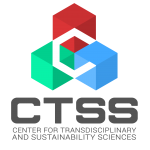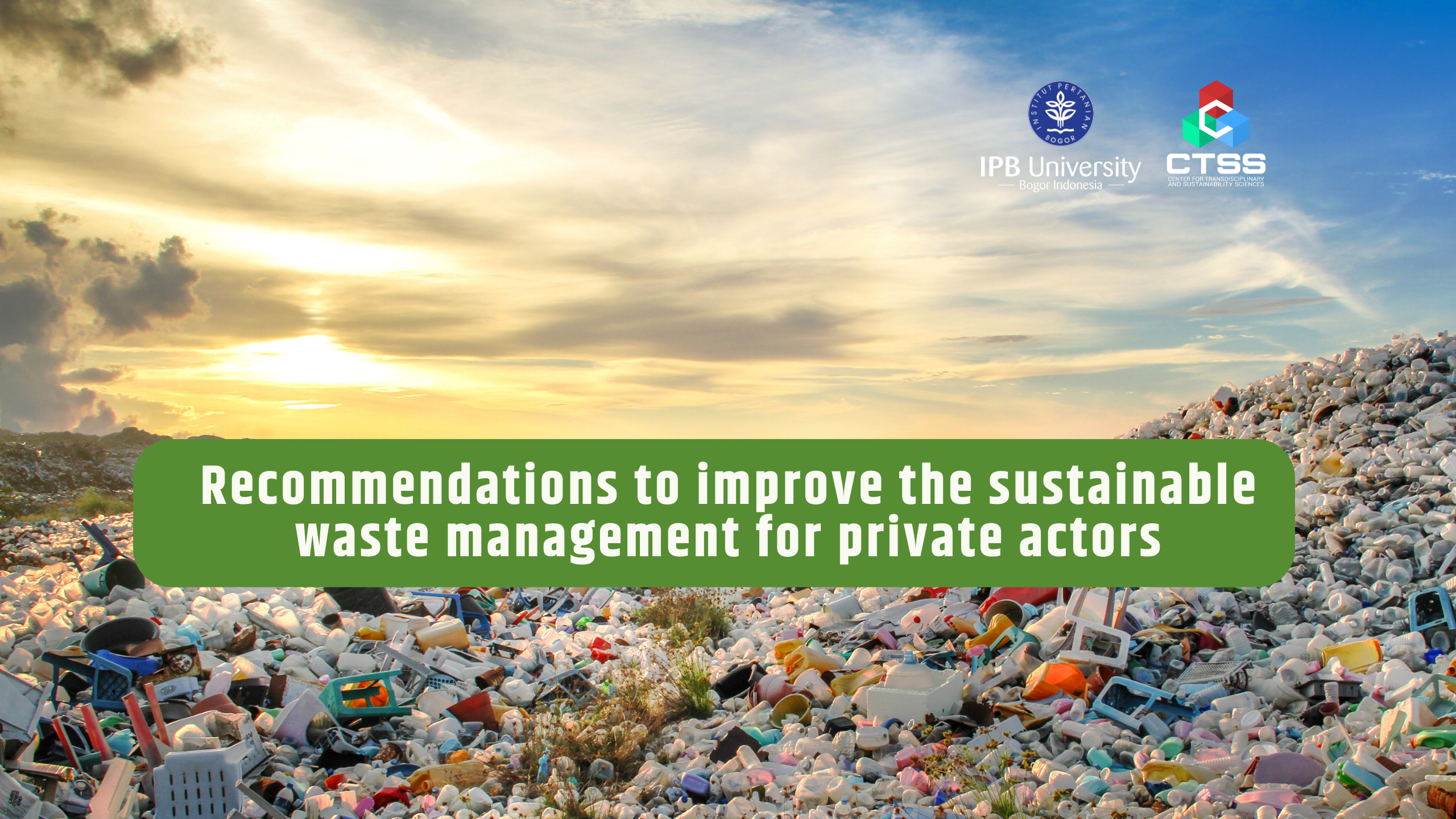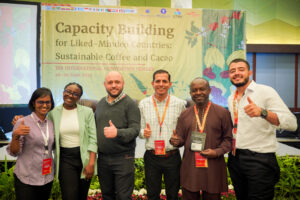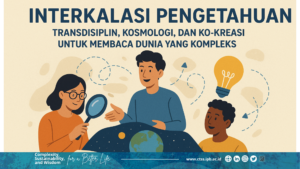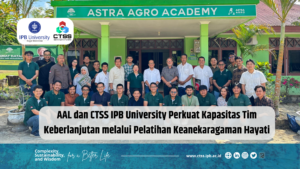This policy brief presents the main findings of a research conducted in the waste management in Indonesia. The survey report was the product of the collaboration between CTSS and MSM. In line with their joint objectives, the research principally aims at assessing the needs of the private actors in the waste management in order to explore the potential role of CTSS in the organic waste management. While conducting this research, additional discoveries, which are not distinct to the biowaste, have erupted. The purpose of this policy brief is to provide policymakers in the waste management with recommendations based on our findings.
There have been growing concerns over the current waste management in Indonesia. The short-term solution of open dumping is unsustainable as it brings many negative environmental, social and economic impacts.
The conducted research aims at identifying the generic successes, shortcomings and needs of the private sectors involved in the waste management. The main impediments to reaching a more sustainable waste management can be categorized into 6 different subject areas. The most important recommendations to improve the waste management are:
Public awareness:
Increasing public awareness and participation utilizing public debates, training programs, education, knowledge.
Technical capability
Increase the technical capabilities of the waste actors. This starts from innovation and research but also include the dissemination of those novel methods
Infrastructure
Increase investments towards infrastructure and equipment and assess the feasibility of large-scale facilities with regard to organic waste. `
Collaboration
Enhance effective collaboration between all relevant stakeholders, including public figures, private actors, academics and community-based actors
Governance
Refine governance capabilities with regard to accountability, corruption, policies and goals, while emphasizes the importance of good management
Financial capacity
Develop economic capacity with the help of an integrative business plan and the creation of a viable marketplace

